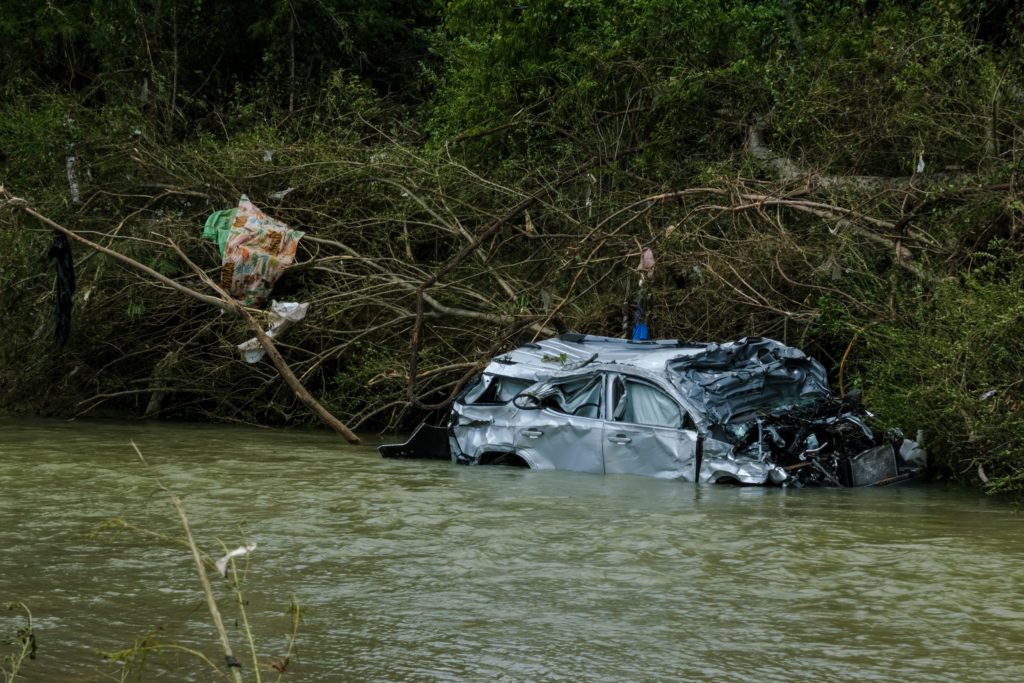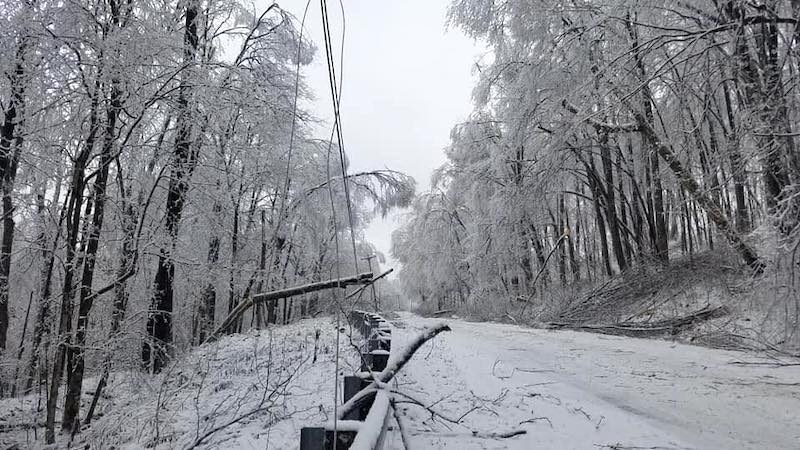
Soon after taking office, Mayor John Cooper signed the Global Covenant of Mayors, committing the city to creating plans to both mitigate and adapt to climate change.
The city created a climate action plan first, in 2021, and released a draft of the companion “Climate Adaptation and Resilience Plan” this week.
“The intent of the Plan is to guide future Metro investment and actions in both hard and soft infrastructure, and to improve the city’s resilience to climate-driven hazards in an equitable and transparent way,” the draft says.
The plan identifies five main climate hazards: flooding, tornadoes, extreme heat, extreme cold and severe thunderstorms. The hazards were picked based on historical data and projected impacts to people and infrastructure, and the city says it will only focus on these five hazards due to “resource and time limitations.”
More: Tennessee has already beaten its annual record for billion-dollar disasters. Did you notice?
 Courtesy Putnam County Mayor Randy Porter Facebook
Courtesy Putnam County Mayor Randy Porter Facebook In February, 2021, a winter storm dumped snow and ice across Tennessee and about a dozen other states. The storm is now the most costly U.S. winter storm on record, according to the National Oceanic and Atmospheric Administration.
Even getting the report made was challenging for the city. The mayor’s sustainability team has one person, said Kendra Abkowitz, the chief and sole member, and the city only had funding for a temporary staffer for assistance.
“A proper climate risk assessment should include a team of technical experts covering a wide range of disciplines and groundwork including detailed audits of infrastructure, systems, and community needs,” said Abkowitz, who hopes the draft will prompt a more substantial effort.
The plan includes nearly 60 pages of possible solutions but gives limited information on how the city could implement specific actions — using the words “incentivize” and “where feasible” in many instances, indicating that the city will face resistance from some business interests, like developers, and the state.
 Courtesy CHUTTERSNAP/Unsplash
Courtesy CHUTTERSNAP/Unsplash Green roofs can lower ambient temperatures and reduce building energy demand.
Some examples include: set new building codes, build more green roofs, create disaster evacuation plans, plant trees where people are walking, ensure affordable water, restricting development in floodplains, reduce gentrification, provide low-cost or free mental health services, depave unused parking lots, incentivize residents to join demand response programs, and do “outreach” with the private sector and agriculture.
The plan says the best strategy is to help make people, businesses and communities “capable of withstanding climate-driven disasters themselves,” like getting health insurance and flood insurance. When asked about the recent development of insurance companies dropping climate disaster coverage in some places, Abkowitz said the city needs more information.
Earthquakes, landslides and hail were identified as Nashville’s biggest risks after the top five hazards. The draft says the next iteration of this plan should include comprehensive risk assessments and resiliency strategies for these hazards, too.
People can submit feedback in an online survey through Oct. 31.

